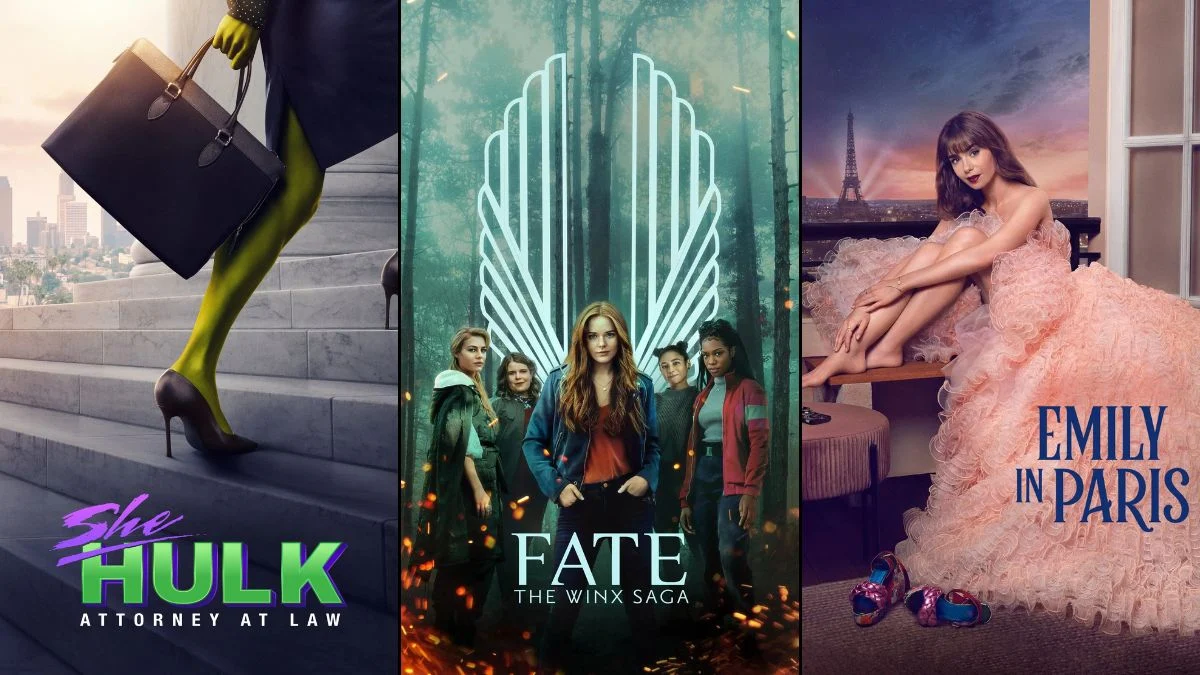
TV writers often try to create powerful female characters by giving them inspiring lines or showing them succeed. While these moments aim to empower audiences and demonstrate female strength in traditionally male worlds, they don’t always come across well. Sometimes, these scenes feel unnatural or forced, with characters saying things that sound like slogans instead of real conversations. The examples below show instances where these attempts at empowerment didn’t resonate with viewers.
‘Riverdale’ (2017–2023)
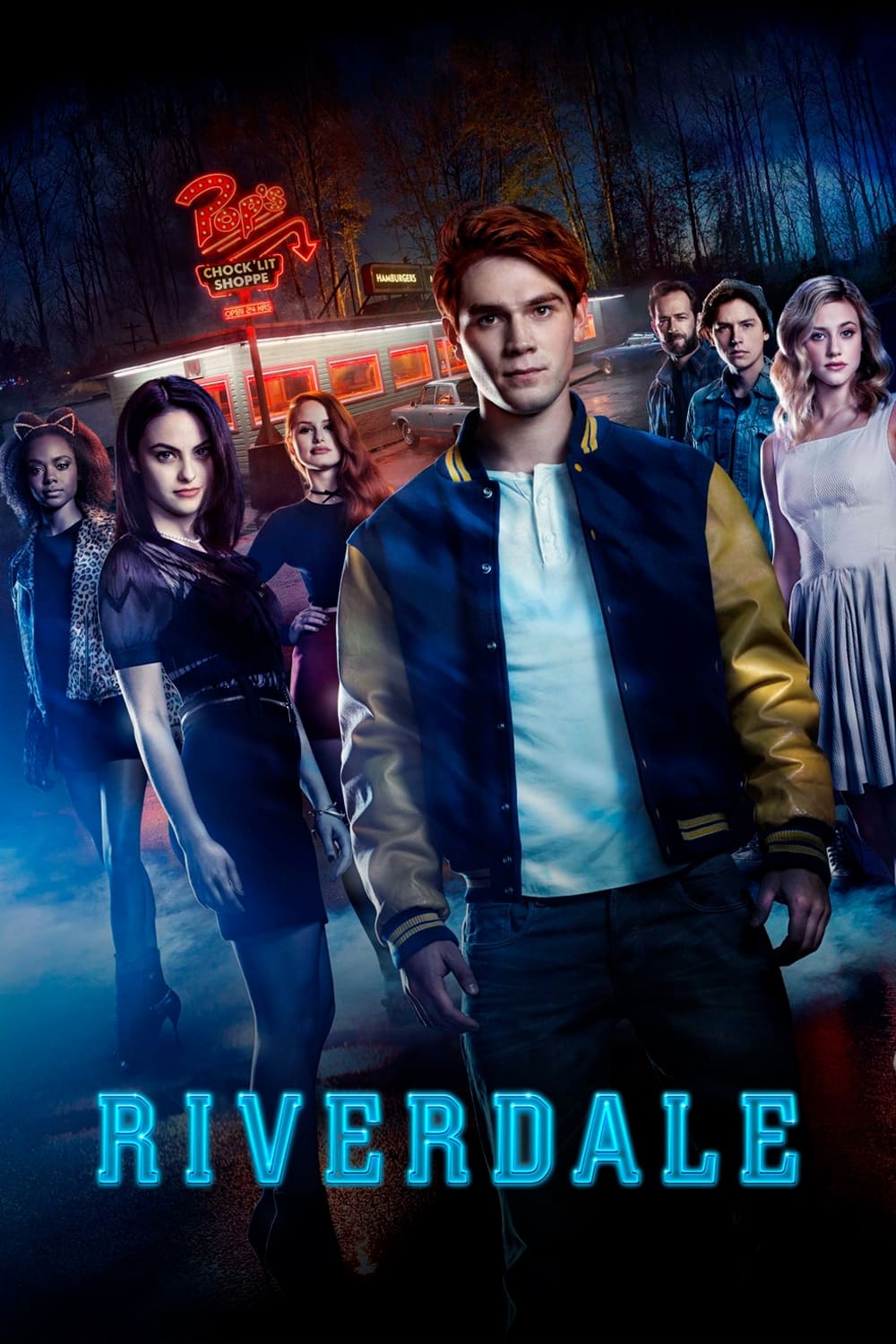
Veronica Lodge tries to intimidate her father during a business meeting by calling herself the “She-Wolf of Wall Street.” However, the line feels awkward and doesn’t come across as powerful, especially for a high school student. Many viewers found the reference silly and forced, and it exemplifies the show’s habit of giving teenage characters overly sophisticated, unrealistic business jargon.
‘She-Hulk: Attorney at Law’ (2022)
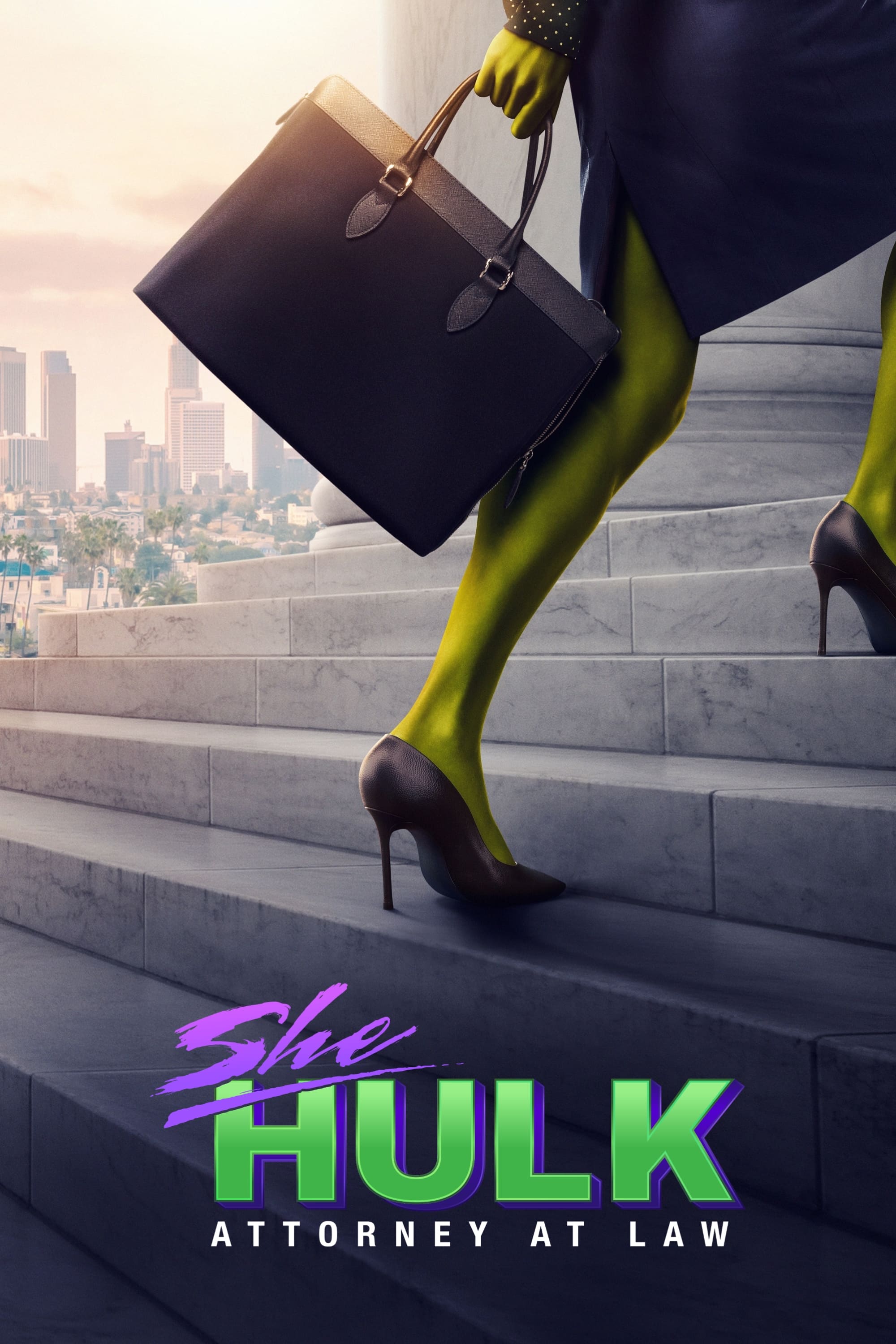
During a training session, Jennifer Walters explained to her cousin Bruce Banner how she manages her anger, stating she has far more control because she regularly faces street harassment. However, this explanation overlooked Bruce’s significant past trauma and struggles with suicide, as shown in previous films. While intended to emphasize the challenges women face, the comparison felt dismissive of Bruce’s established backstory. Many viewers found the speech lacked the sensitivity and understanding the situation deserved.
‘Batwoman’ (2019–2022)
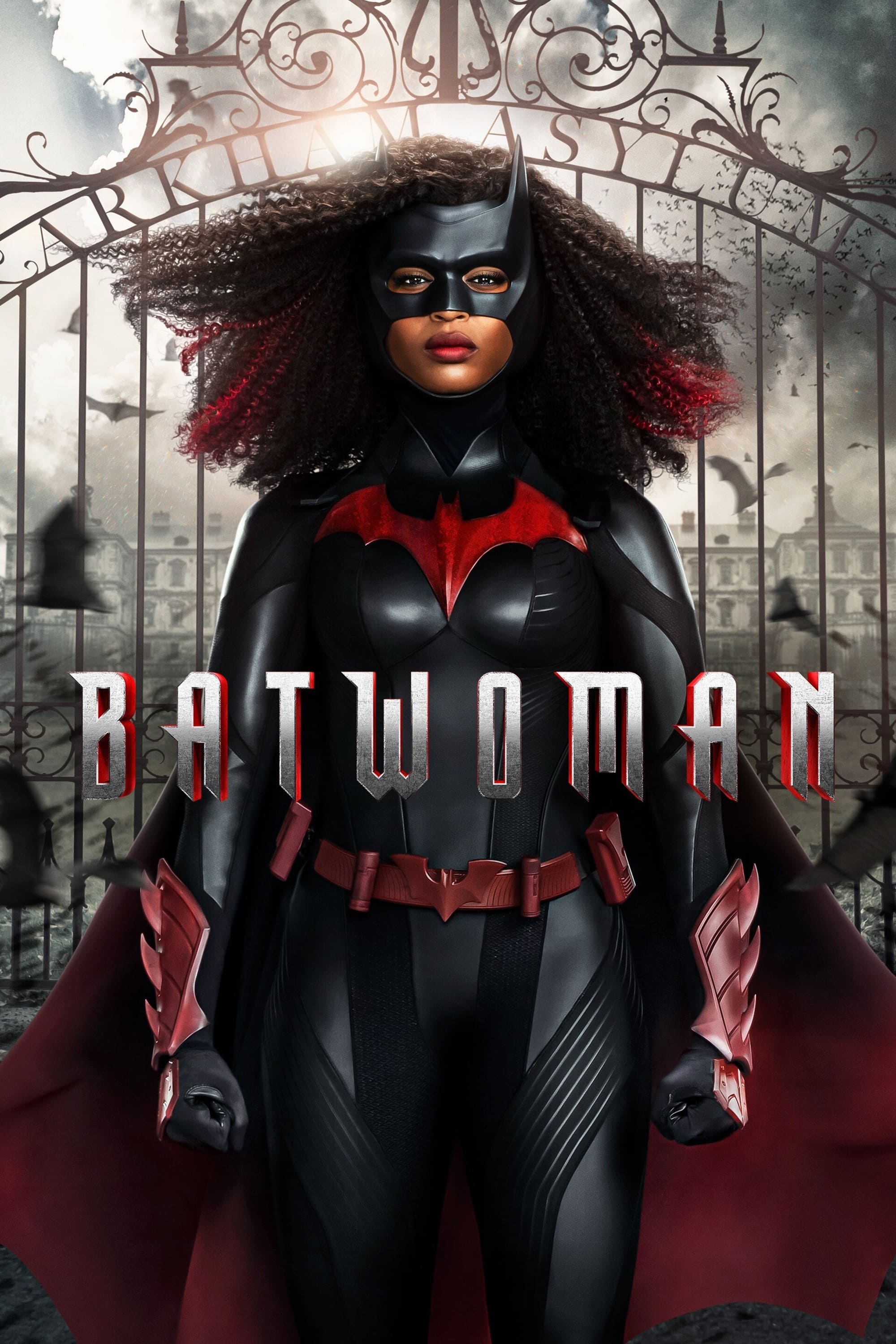
When Kate Kane first wears the Batsuit, she introduces herself as its new owner to Luke Fox, pointing out the suit needs adjustments to properly fit a woman. While this line was a major part of the show’s promotion, it felt unnatural and overly explained within the episode itself. It seemed the writers prioritized a catchy phrase over letting the story and characters develop naturally. The dialogue felt forced in its attempt to establish Kate’s identity as different from Batman’s.
‘Game of Thrones’ (2011–2019)

The Sand Snakes make a dramatic first impression on Jaime Lannister, delivering their lines and performing a fight sequence in perfect unison. They speak as one voice about their father and their quest for revenge. However, this choreographed display feels over-the-top and cartoonish, a departure from the show’s typically realistic and dark style. The fight itself lacks the suspense and believability of earlier battles, and ultimately, the scene doesn’t successfully portray the Sand Snakes as the dangerous enemies they were meant to be.
‘Emily in Paris’ (2020–Present)
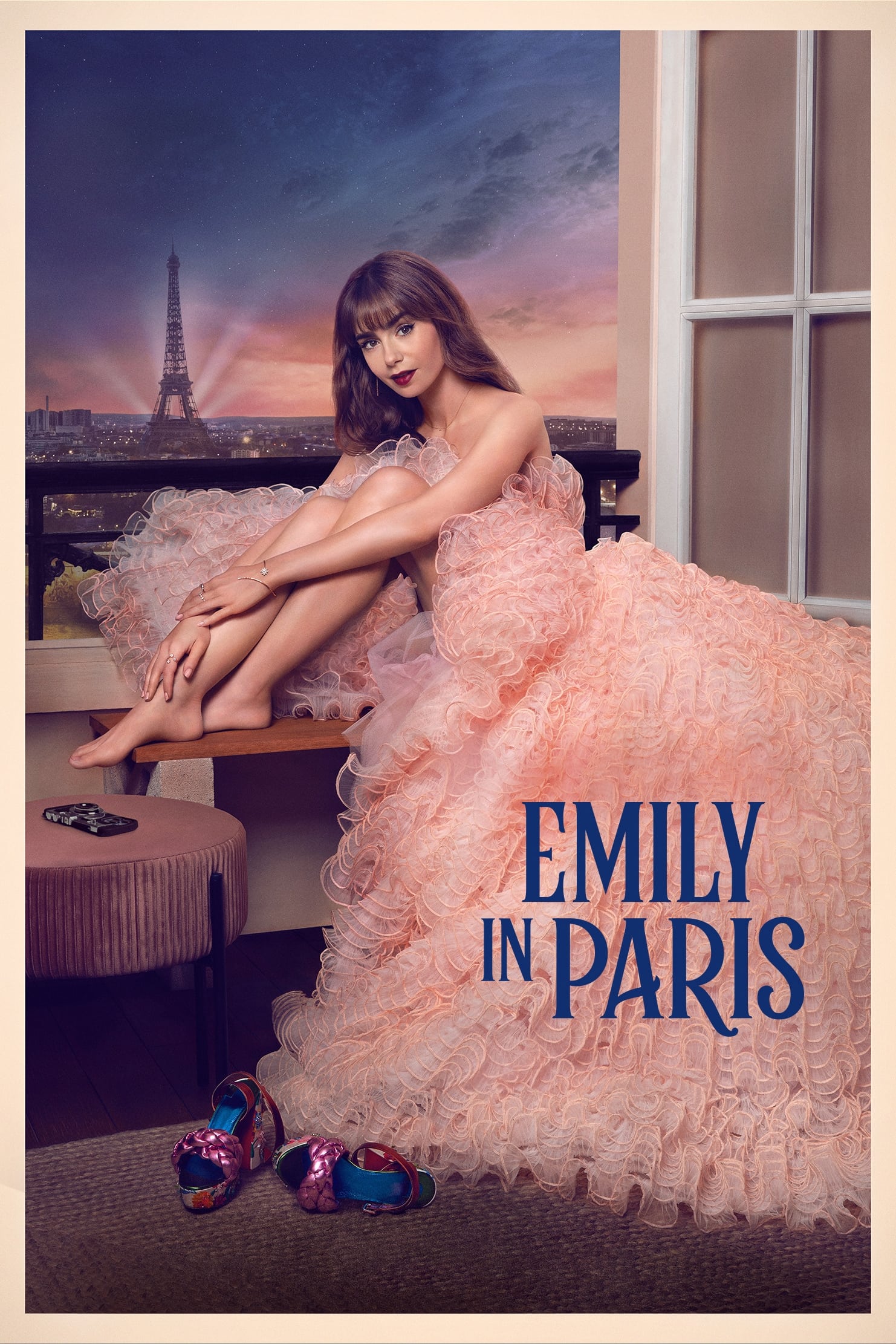
Okay, so there’s this scene with Emily Cooper where she tries to sell a campaign using a traditionally ‘masculine’ word to promote a feminine product. It leads to this awkward discussion with a French client – honestly, they start debating the gender of the word for ‘vagina’! The show seems to be trying to present Emily as this super-progressive American challenging stuffy French traditions. But it feels…off. It kind of paints her cluelessness about French language and culture as a good thing, and reduces a really complex linguistic issue to just a simple right-versus-wrong argument. It doesn’t really feel nuanced, you know?
‘Supergirl’ (2015–2021)
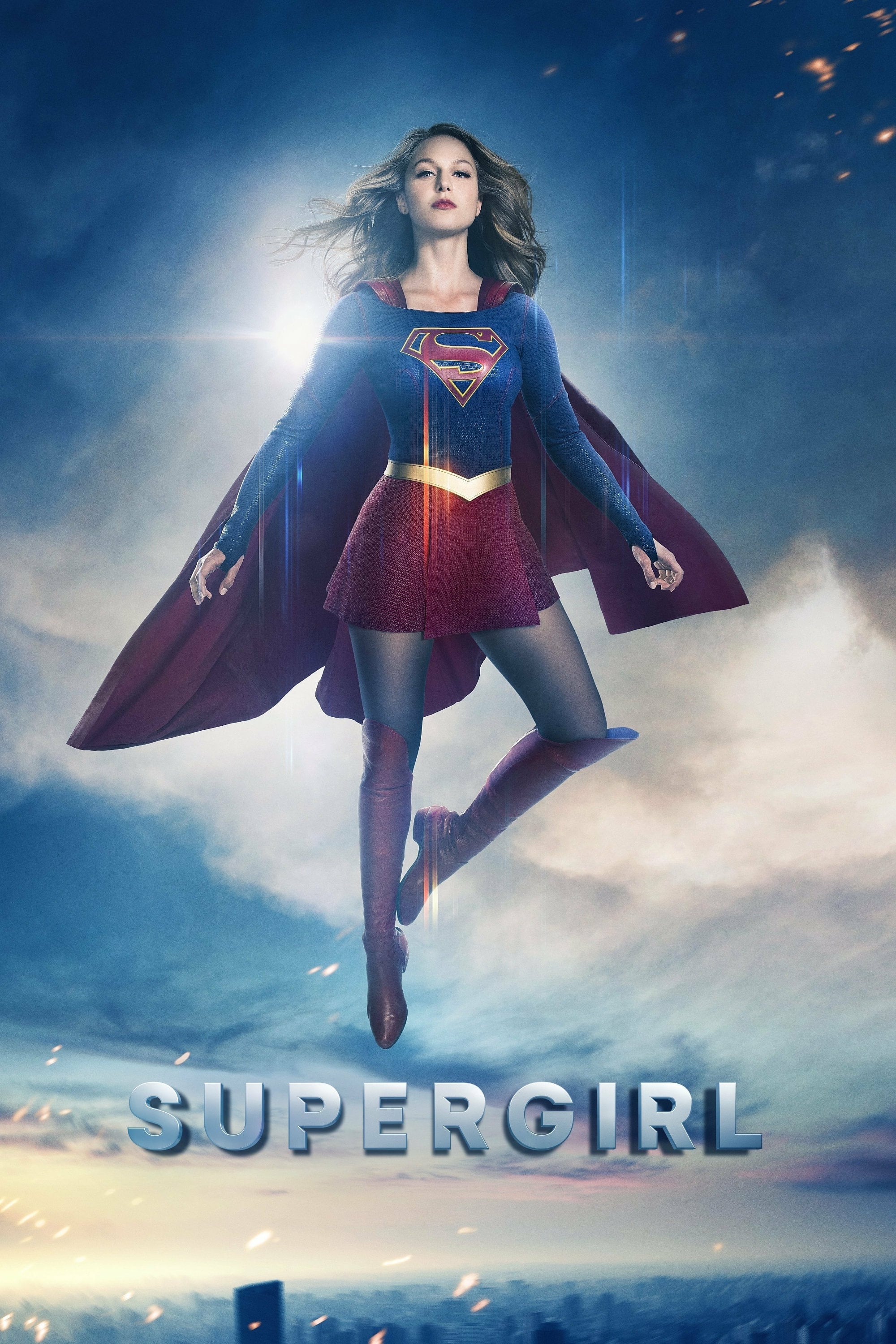
I remember watching the very first episode of the show and being so impressed when Kara faced off against a villain who tried to put her down because she was a girl. She didn’t just beat him up, though – she actually called him out on why being female was apparently a weakness, right in the middle of the fight! It was a powerful moment, but honestly, it felt a little… forced. The fight stopped just so she could say her piece. It set a pattern for the show, where they often told you Kara was strong instead of just showing it. And, predictably, she defeated him pretty quickly after that speech.
‘Fate: The Winx Saga’ (2021–2022)
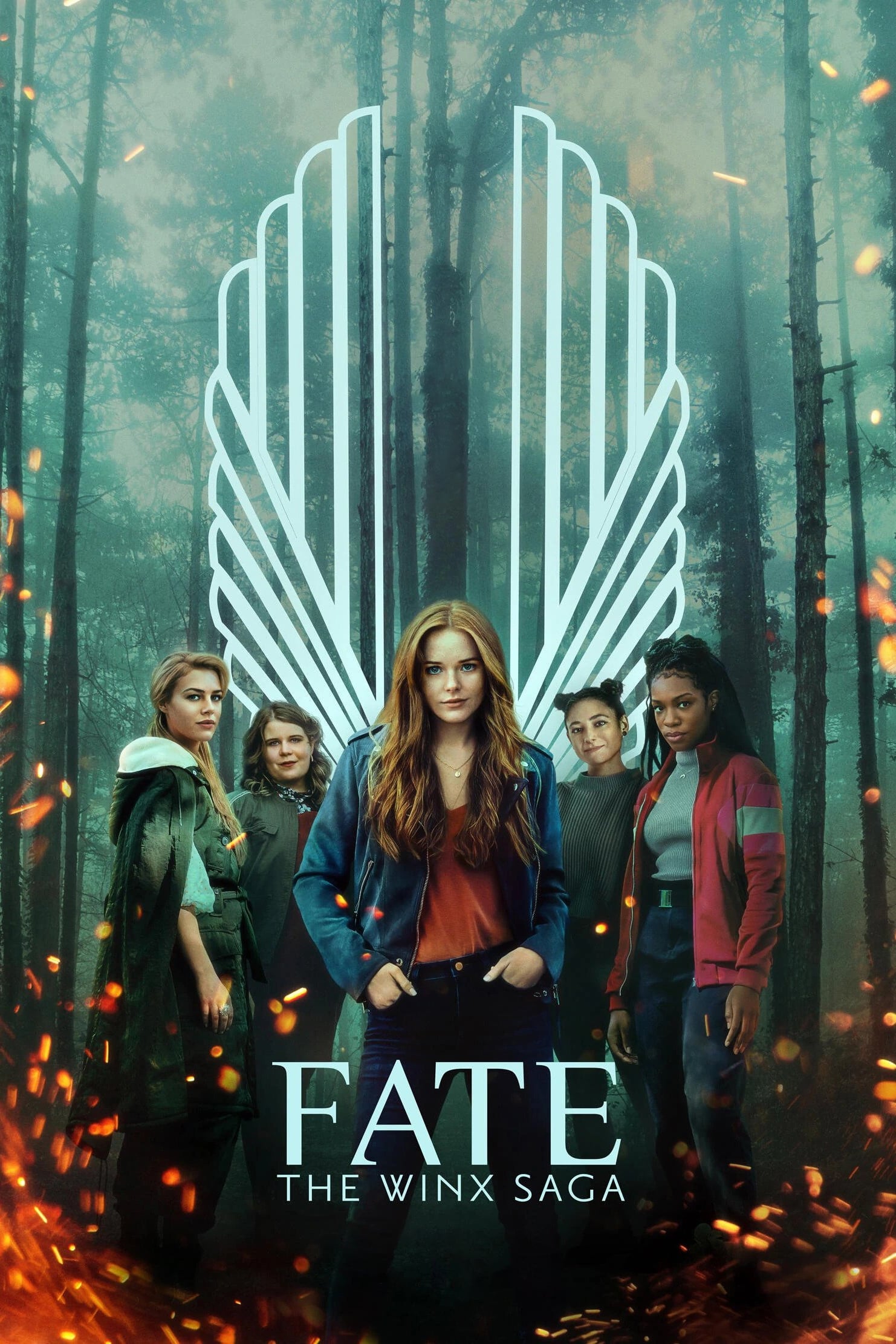
In the first season, Terra challenges Riven about his actions in a garden. Their conversation includes Terra giving a speech about mansplaining, using language and terms commonly found on social media. While the writers tried to update the characters and make them relatable, this dialogue feels awkward and out of place within the fantasy world, and it disrupts the natural flow of their interaction by turning it into a lecture.
‘The Flash’ (2014–2023)

During couples therapy, Iris West told Barry Allen that his work as the Flash wasn’t something he did alone, but that they did it together as a team. The intention was to show how much she emotionally supported him as he fought crime. However, many viewers were puzzled by this statement, as Iris doesn’t have superpowers herself. The moment ended up being remembered as a prime example of a show trying too hard to make it seem like someone without powers was equally responsible for a superhero’s success.
‘And Just Like That…’ (2021–Present)
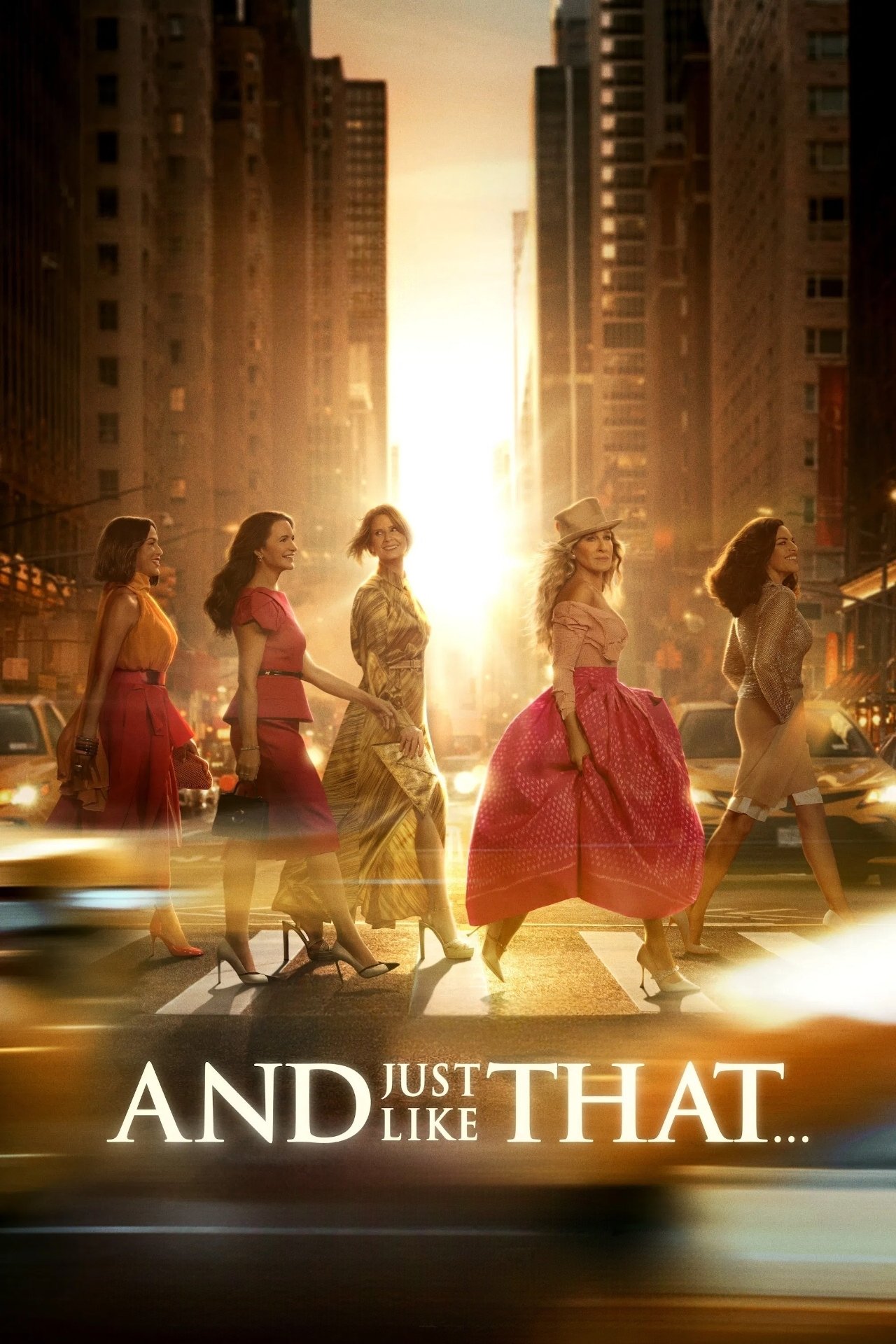
Che Diaz’s comedy set feels less like a traditional routine and more like a talk about identity. The audience laughs a lot, even though there aren’t many actual jokes. This scene seems designed to introduce newer ideas about gender to the show’s long-running characters, but it clashes with the original series’ lighthearted and funny style. The focus is more on the message being delivered than on making people laugh or being entertaining.
‘Inventing Anna’ (2022)
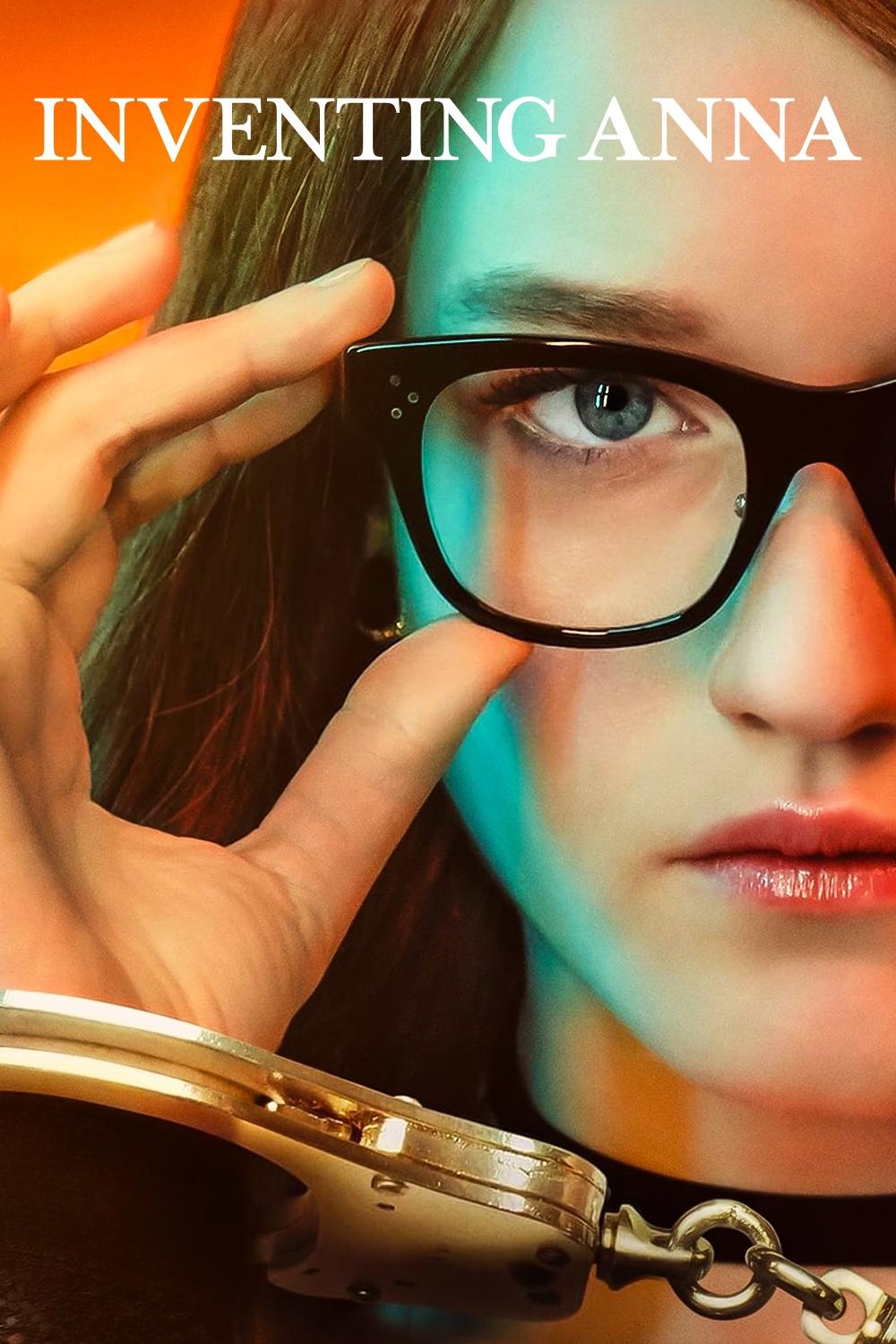
While in jail and awaiting her trial, Anna Delvey fired her lawyer, believing she was on the verge of building a major empire and didn’t need his pessimistic outlook. The series portrays her disconnect from reality not as a problem, but as a sign of drive and determination. Instead of highlighting her wrongdoing, it presents her confidence as empowering, even admirable. The show’s conversations attempt to normalize her fraudulent actions, framing them as challenges any entrepreneur might face.
‘Girlboss’ (2017)
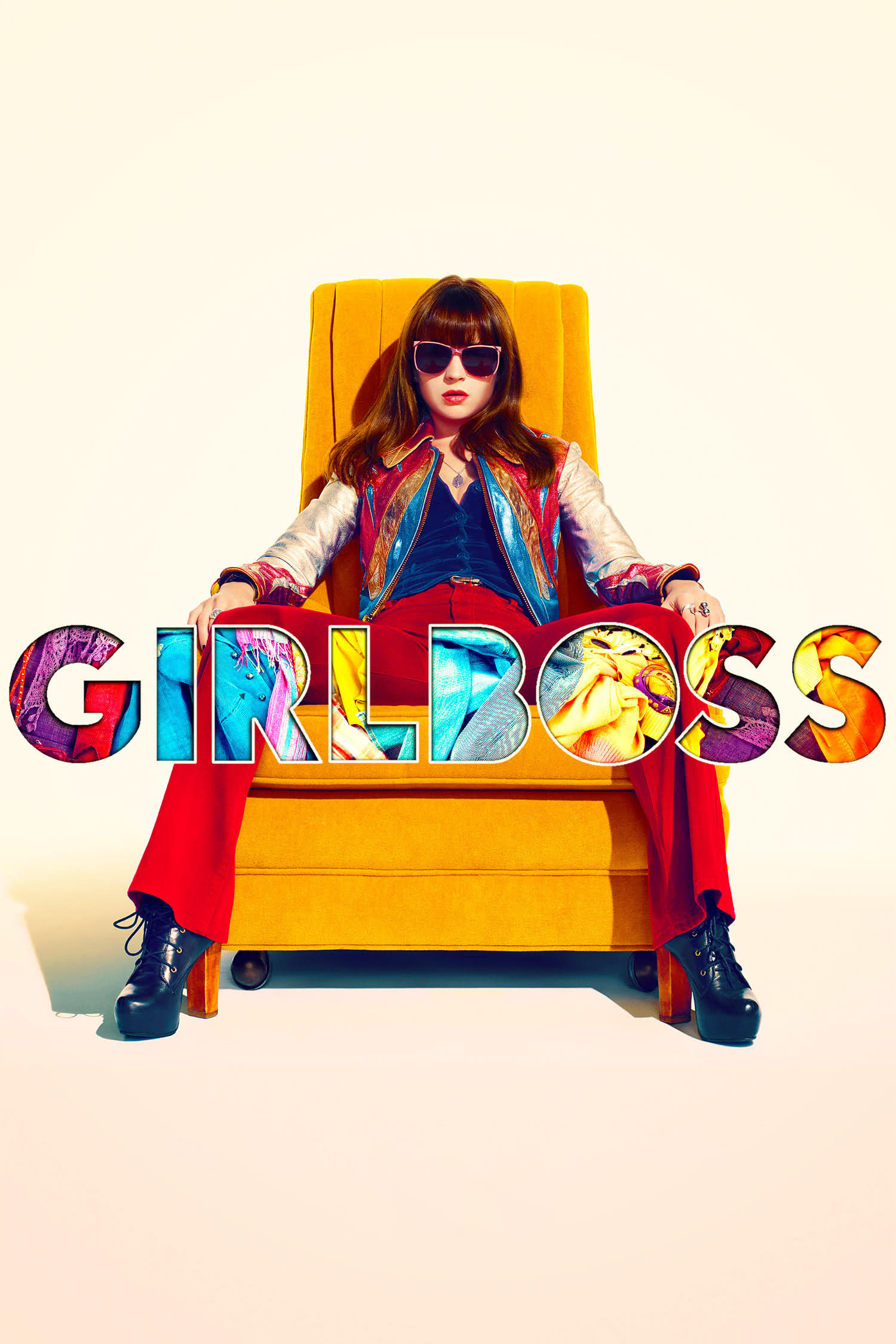
Sophia Marlowe causes a stir on eBay during a vintage jacket auction, publicly confronting people both online and in person to achieve her business goals. The show presents her unpredictable actions as simply part of her energetic personality. However, this adaptation of the original story makes it hard to sympathize with the main character, as she comes across as demanding and privileged. The series suggests her harshness is essential for a woman to succeed as an entrepreneur.
‘Dynasty’ (2017–2022)
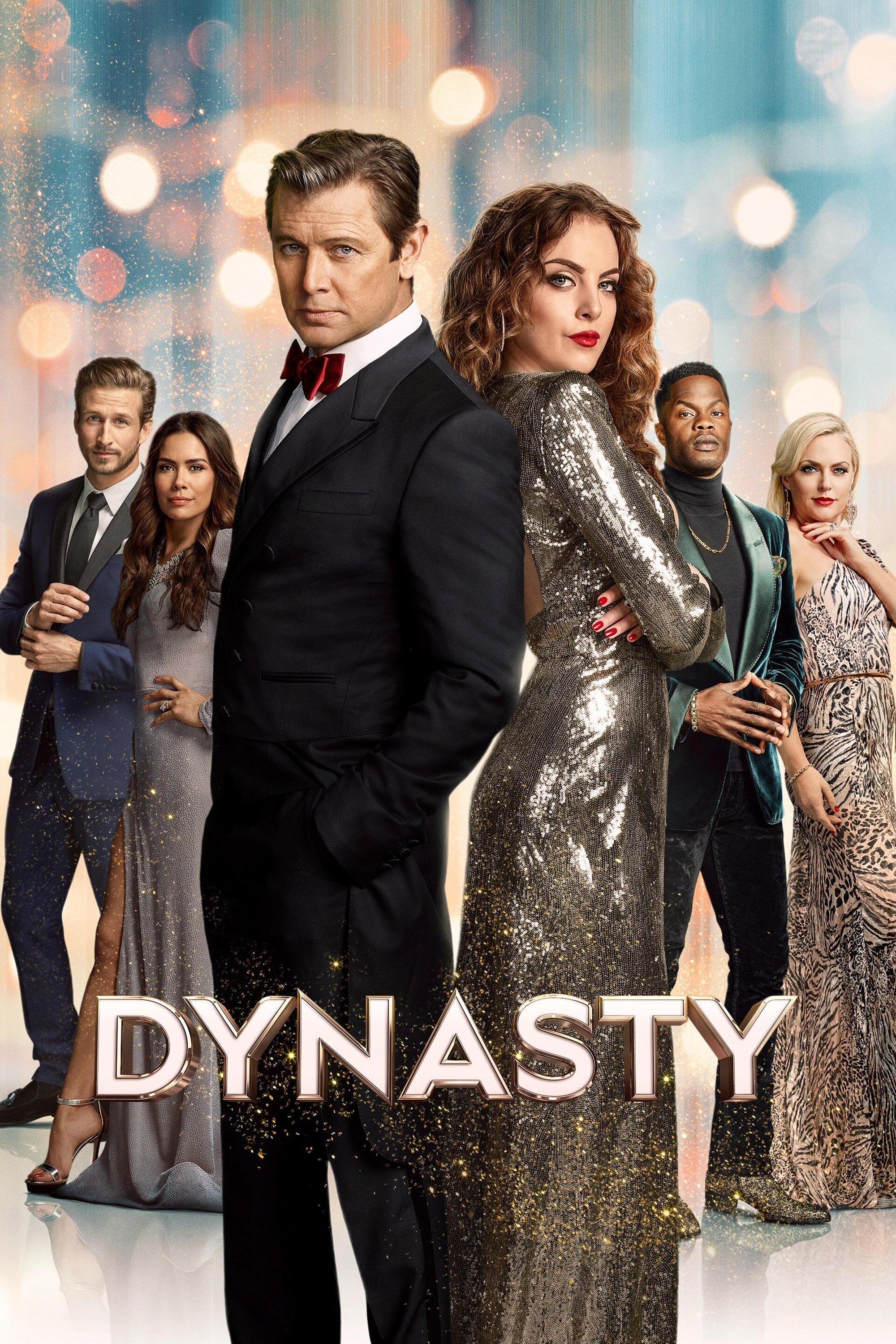
Fallon Carrington frequently emphasizes her position as CEO, even slipping into business jargon when talking to her family. However, the show portrays her success more through bossy behavior and put-downs than genuine business skill. Often, her attempts at empowerment involve tearing down other women. This constant need to assert dominance actually makes her seem less capable.
‘The Lord of the Rings: The Rings of Power’ (2022–Present)
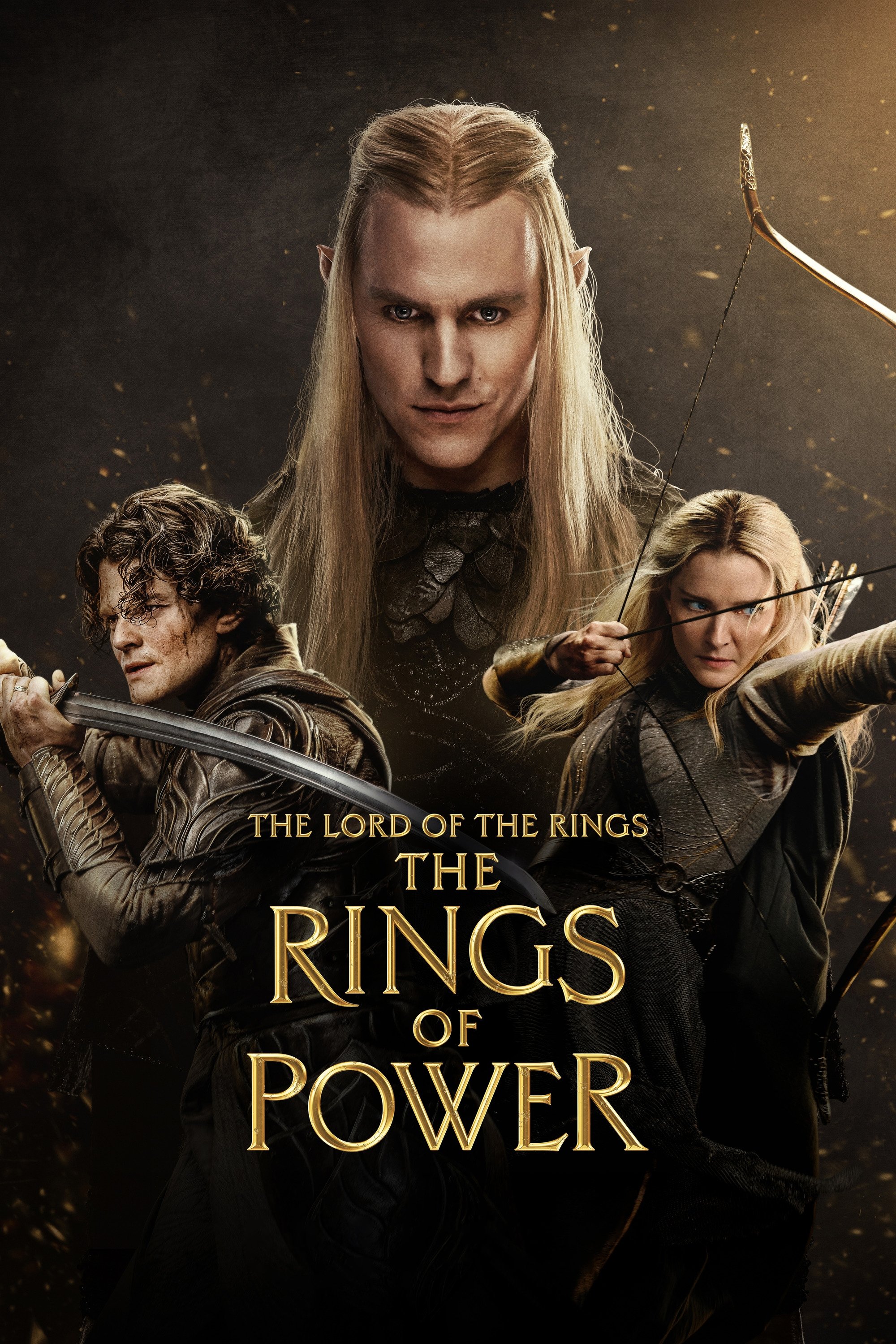
Galadriel pushes for a forceful approach while trying to convince the rulers of Numenor to help her, even demanding a ship to pursue her goals. She asks for soldiers and doesn’t seem to understand the delicate political situation she’s in. The show tries to present her as a strong warrior who doesn’t have time for rules and procedures, but she comes across as childish and demanding rather than powerful and insightful. This scene doesn’t show the careful and thoughtful diplomacy expected from an elf of her stature.
‘Velma’ (2023–2024)
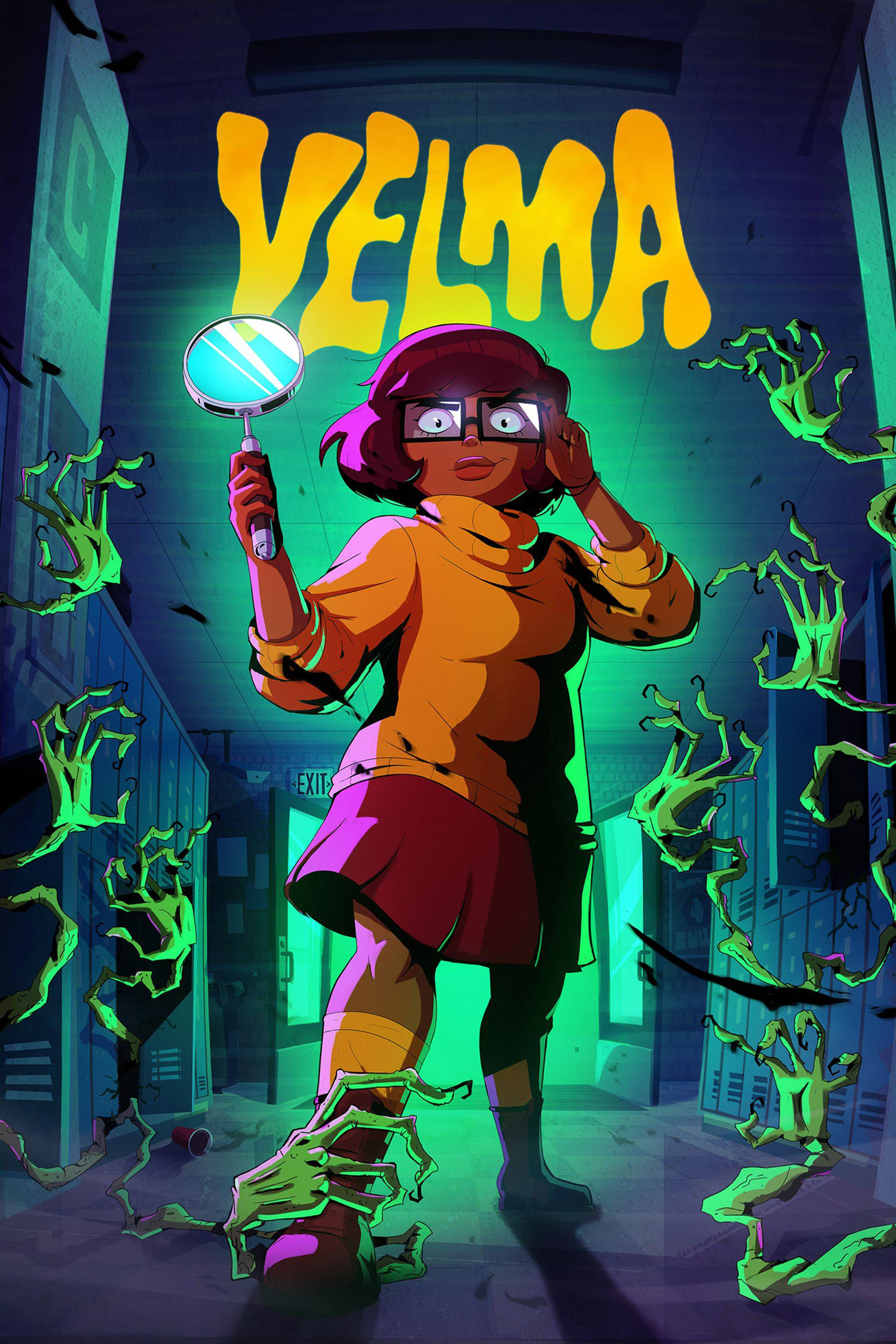
Throughout the first episode, Velma frequently criticizes both the other characters and the typical mystery storyline. She often points out what’s happening behind the scenes, even directly addressing the audience. While the show tries to be witty and satirical, Velma’s comments often come across as simply unkind. The writers portray her tendency to look down on others as a sign of her intelligence, but this constant judgment actually makes it hard for viewers to connect with her.
‘Charmed’ (2018–2022)
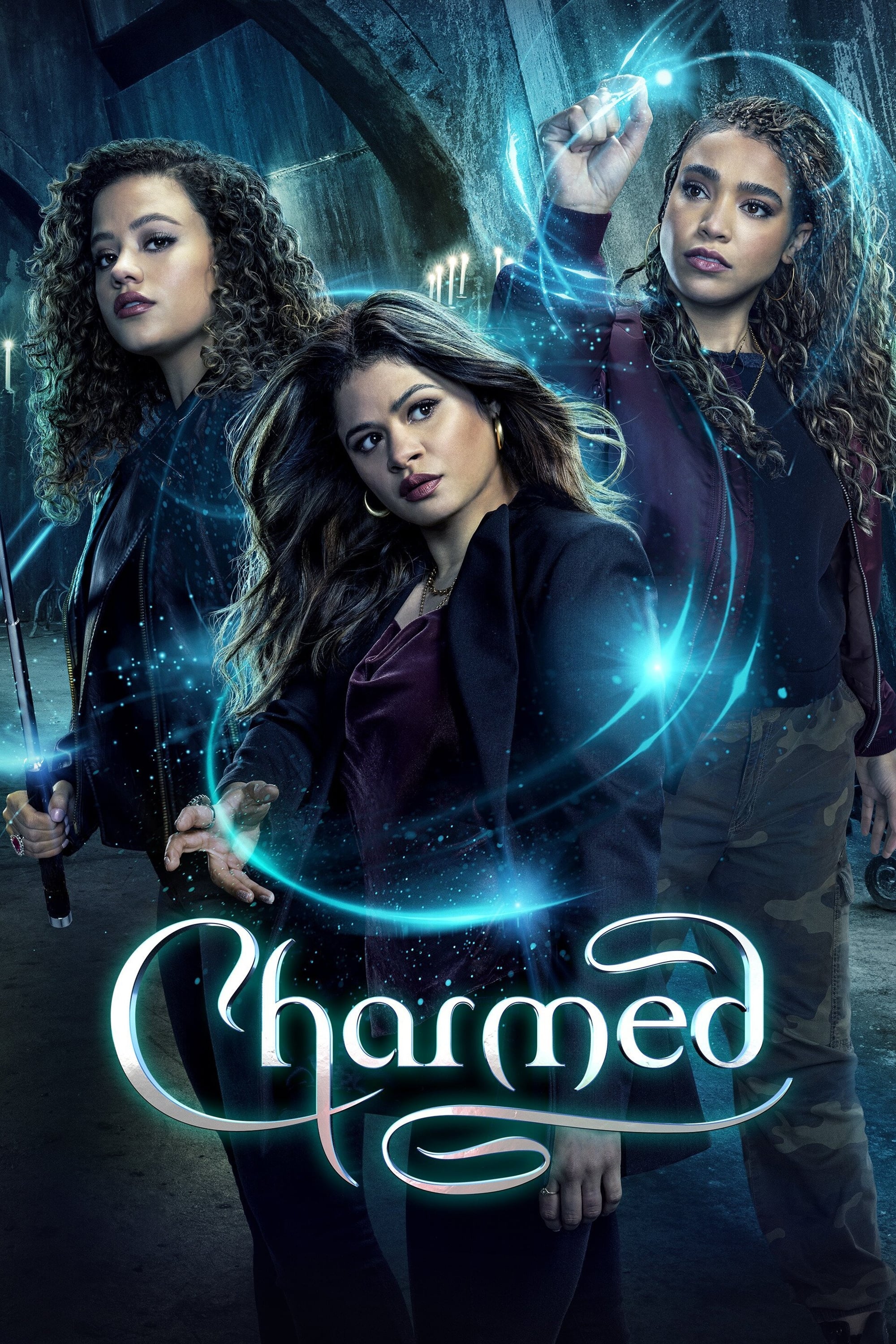
Okay, so in the very first episode, there’s this scene with Mel Vera where she really comes on strong, basically giving this professor a lecture about the male gaze. Honestly, it felt a little forced – like she was trying way too hard to prove how much she knew about feminism right off the bat. It didn’t feel authentic, and leaned heavily into how we expect activists to behave, rather than showing us why she believes what she does. It immediately sets this really combative tone for the whole reboot, and the dialogue just felt… unnatural. It was more like she was hitting all the expected talking points instead of actually having a conversation.
‘Cowboy Bebop’ (2021)
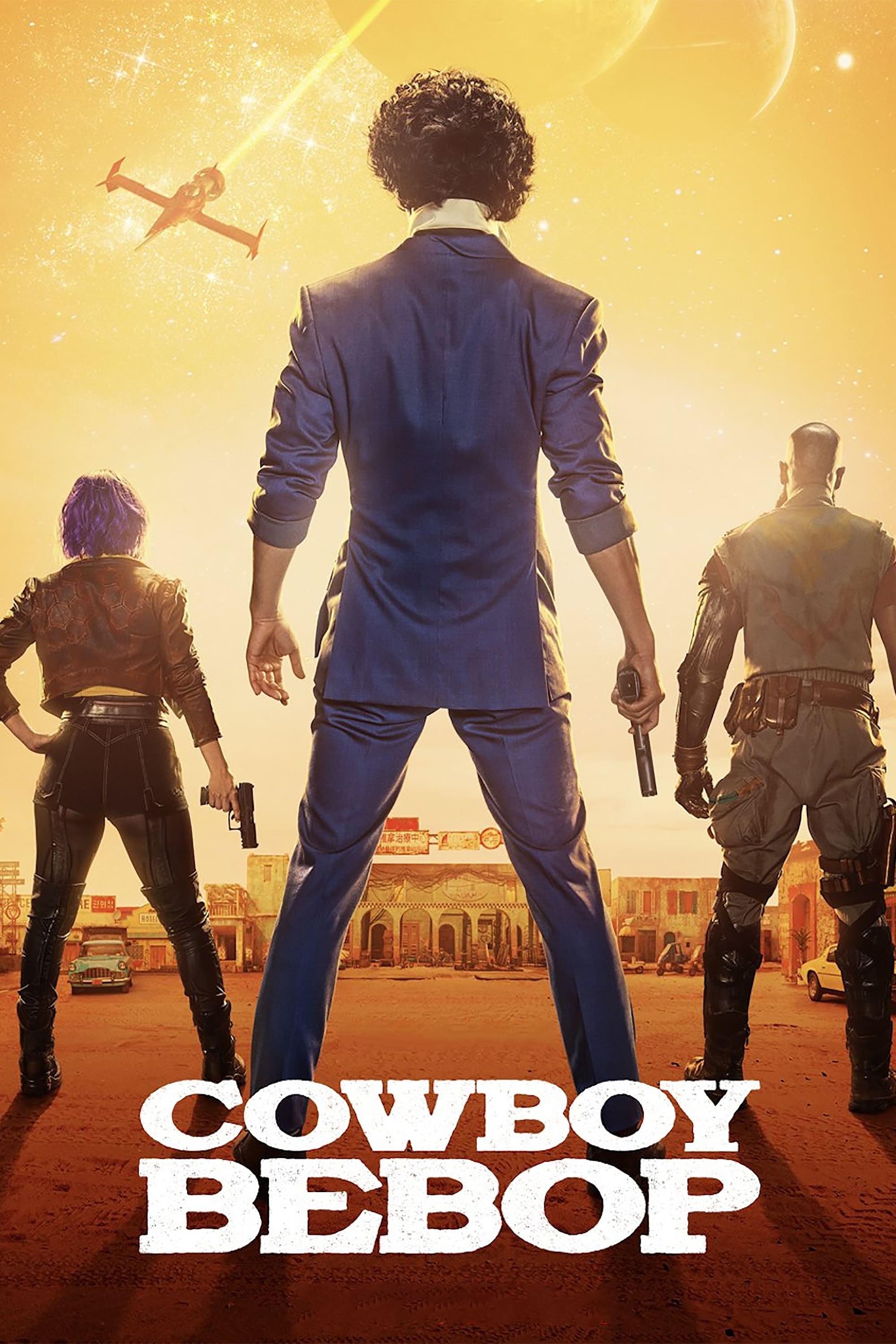
During a fight, Faye Valentine says a line meant to show she’s become tougher, moving away from her usual seductive image. However, the line doesn’t quite work; it sounds like a typical, uninspired phrase from an action movie. The show seems to be forcing her to sound cool and distant, which makes her dialogue feel fake and overly written.
‘Grey’s Anatomy’ (2005–Present)
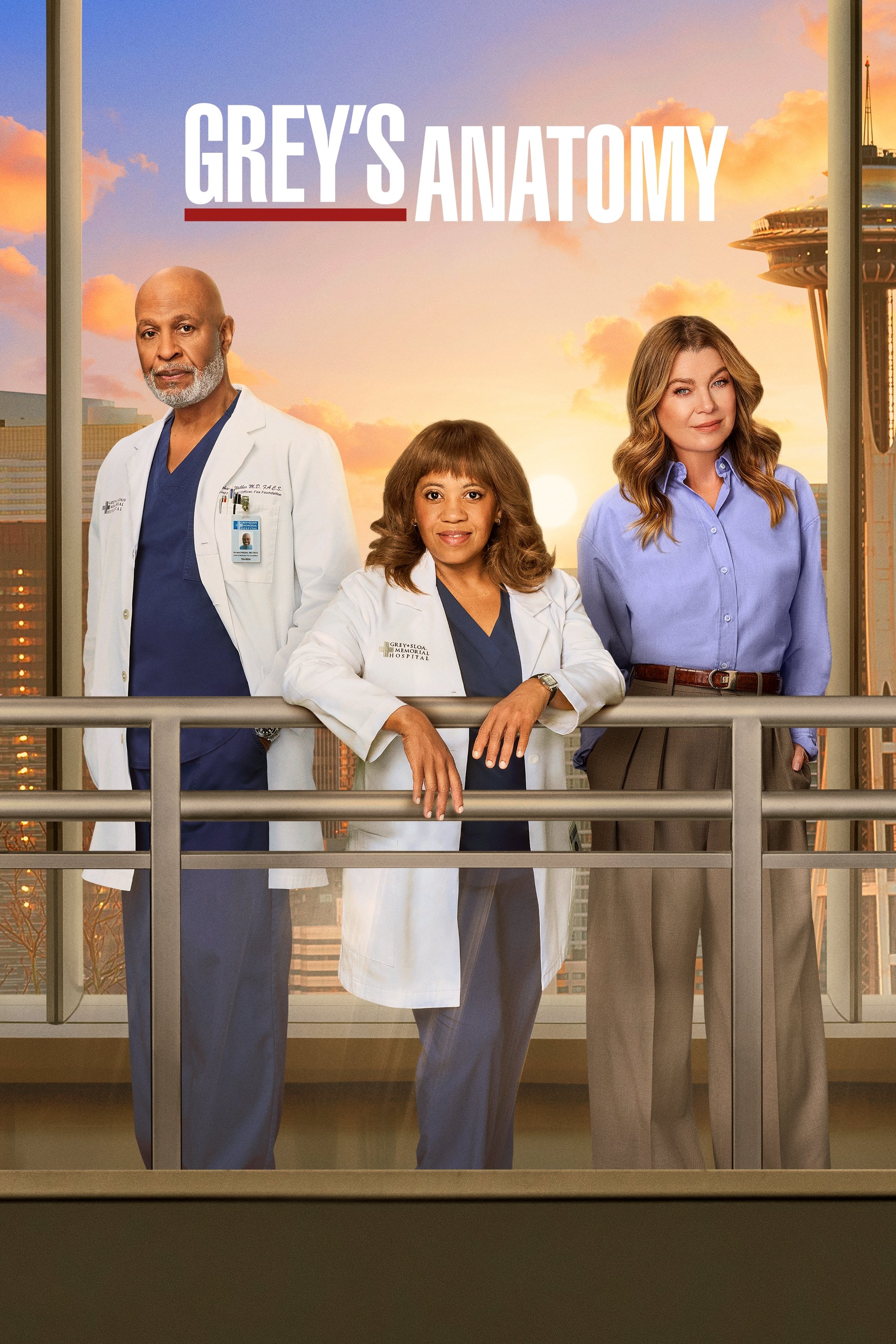
Okay, so there’s this scene with Amelia before a big surgery where she strikes this… well, it’s supposed to be a power pose. She says it helps her feel confident and perform better, and the show clearly intends it as a moment of empowerment for women in the medical field. Honestly, though, it just looks… strange. It quickly became a bit of a running joke online. It feels a little too reliant on this idea that a quick pose can fix everything, rather than showcasing her actual surgical talent. It’s a nice thought, but it doesn’t quite land the way I think it wanted to.
‘House of Cards’ (2013–2018)
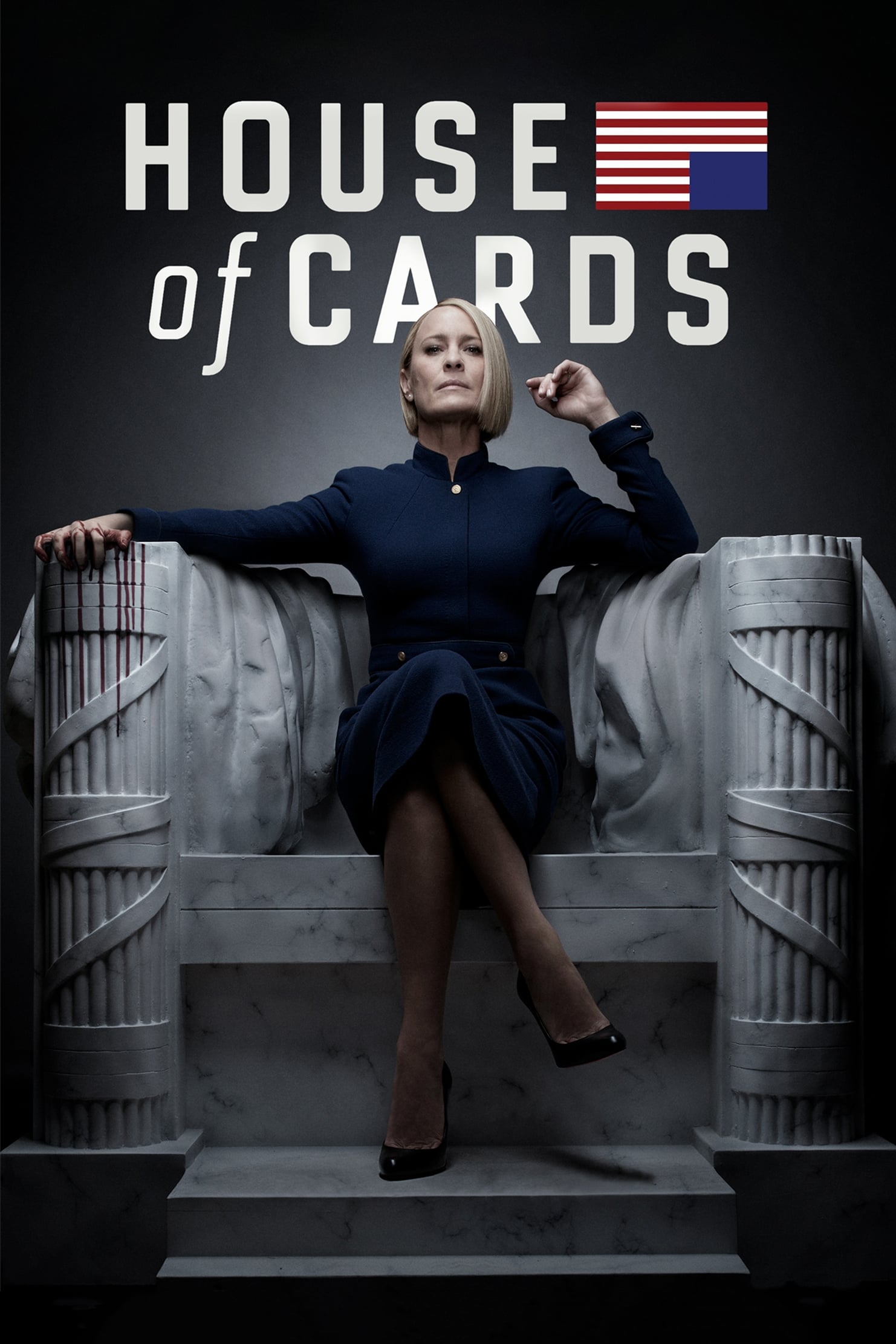
In a dramatic Oval Office moment, Claire Underwood asserts her claim to power, arguing she’s earned it after years of supporting her husband. However, the show abruptly focuses on her as the main character without adequately justifying this change. What was once a compelling ambition, full of subtle strategies, now feels like simple entitlement, lacking the careful planning that defined her earlier actions.
‘The Morning Show’ (2019–Present)

In the first season, Bradley Jackson delivers a passionate, but ultimately jarring, on-air rant about truth and honesty. She presents herself as the only trustworthy voice in a dishonest media landscape. However, the intensity of her outburst feels forced and the scene suggests that strong emotions automatically equal good journalism. It reduces complicated ethical issues to a simple, loud confrontation.
‘Pretty Little Liars’ (2010–2017)
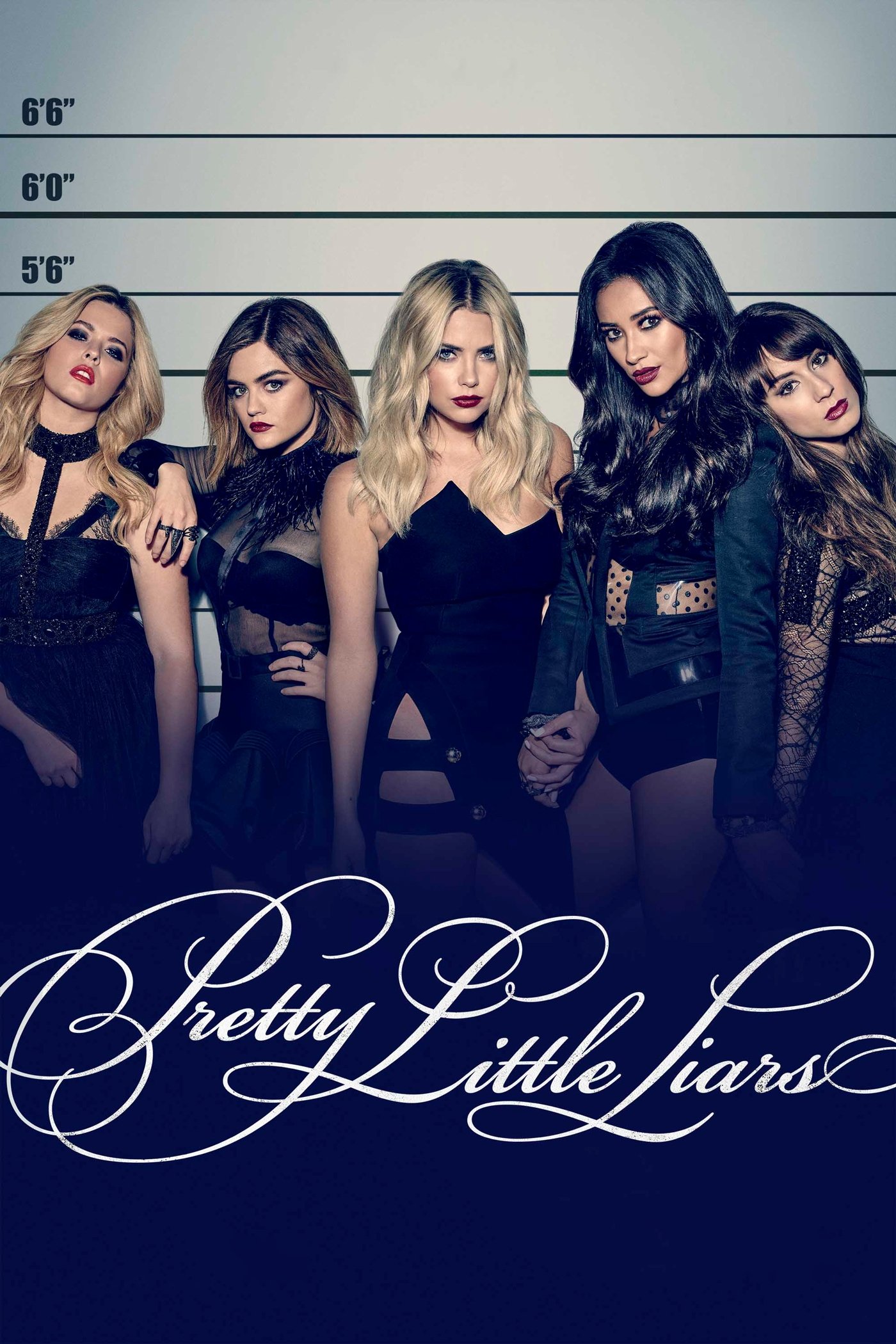
In a dangerous situation, Spencer Hastings focuses on correcting the grammar of a threatening message, prioritizing being right over her own safety. This is a heavy-handed way for the show to highlight her intelligence, and it actually undermines the suspense of the scene. It turns her into a stereotype of someone overly focused on academic success.
‘The Idol’ (2023)

As a movie lover, I’m really frustrated with how they portray Jocelyn. They tell us she’s pulling the strings, a total mastermind, but everything we see is her letting other people run her life. Everyone keeps calling her brilliant, yet she’s clearly being used! It’s like the show keeps mixing up her actually being in control with her just giving in to really bad influences. They try to spin her passivity as some clever strategy, but it just doesn’t ring true. It’s honestly confusing and a little annoying.
‘Resident Evil’ (2022)

Jade Wesker talks down to a security guard while infiltrating a high-security building, surprisingly using the kind of language you’d expect from a high school argument to intimidate a grown man with a gun. The dialogue feels more suited to a teen show than a horror series, and her self-assurance doesn’t quite fit the dangerous situation. Ultimately, this scene diminishes the perceived power of the organization she’s up against.
‘Gossip Girl’ (2021–2023)
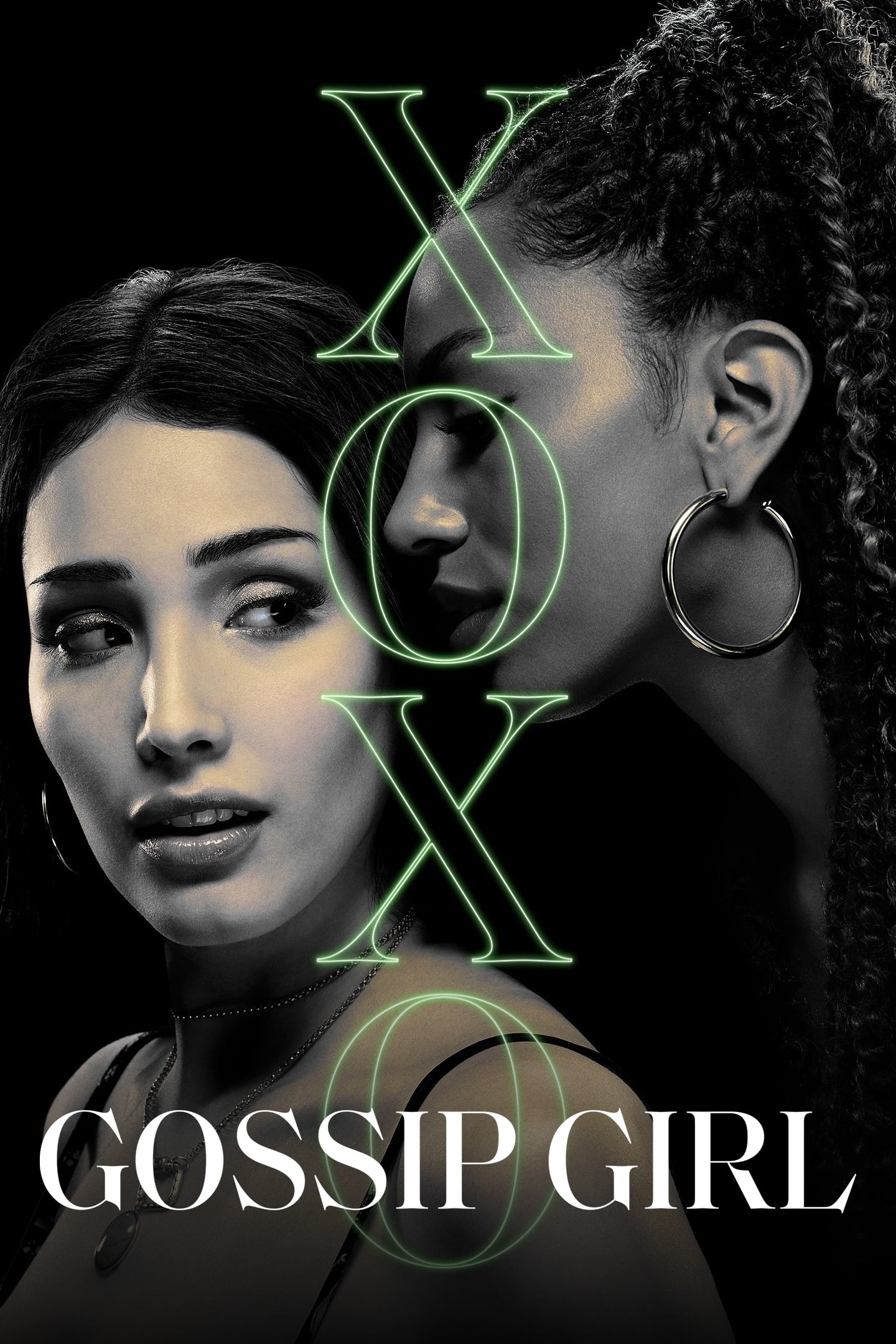
Julien Calloway approaches being an influencer like it’s a serious political job. She talks about being real with her followers, but secretly manipulates things behind the scenes. The show emphasizes her social media numbers as if they represent real power, and tries to make it seem like being popular online equals having true influence. However, the importance placed on things like Instagram likes feels ultimately unimportant.
‘Scandal’ (2012–2018)
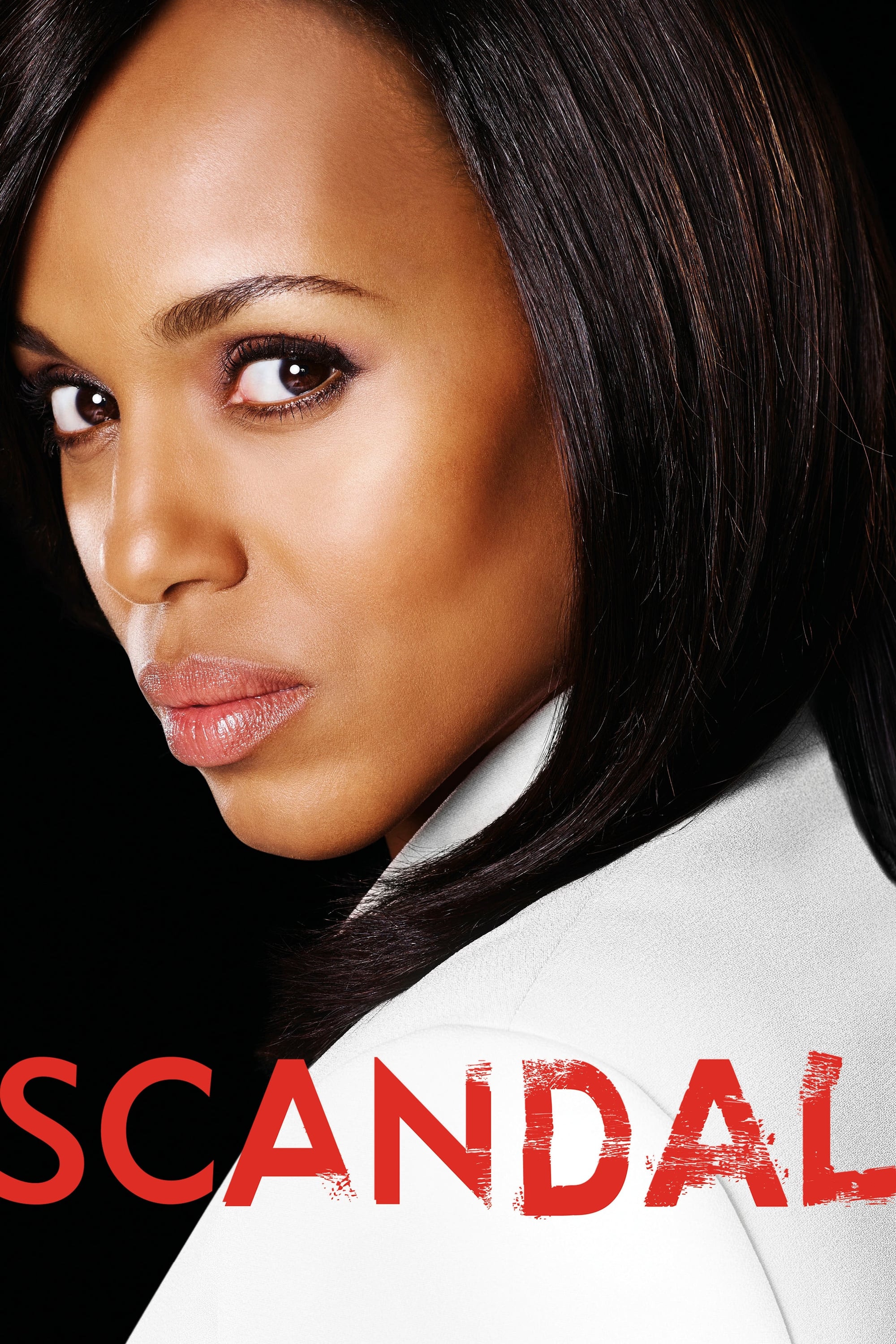
Olivia Pope often says she’s a “gladiator in a suit,” but the phrase eventually becomes overused and loses its impact. She uses it to explain difficult choices to her team, but repeating it so often transforms her powerful sense of self into something that feels like a company motto. It reduces the complexity of her crisis work to a simple brand image.
‘Glee’ (2009–2015)
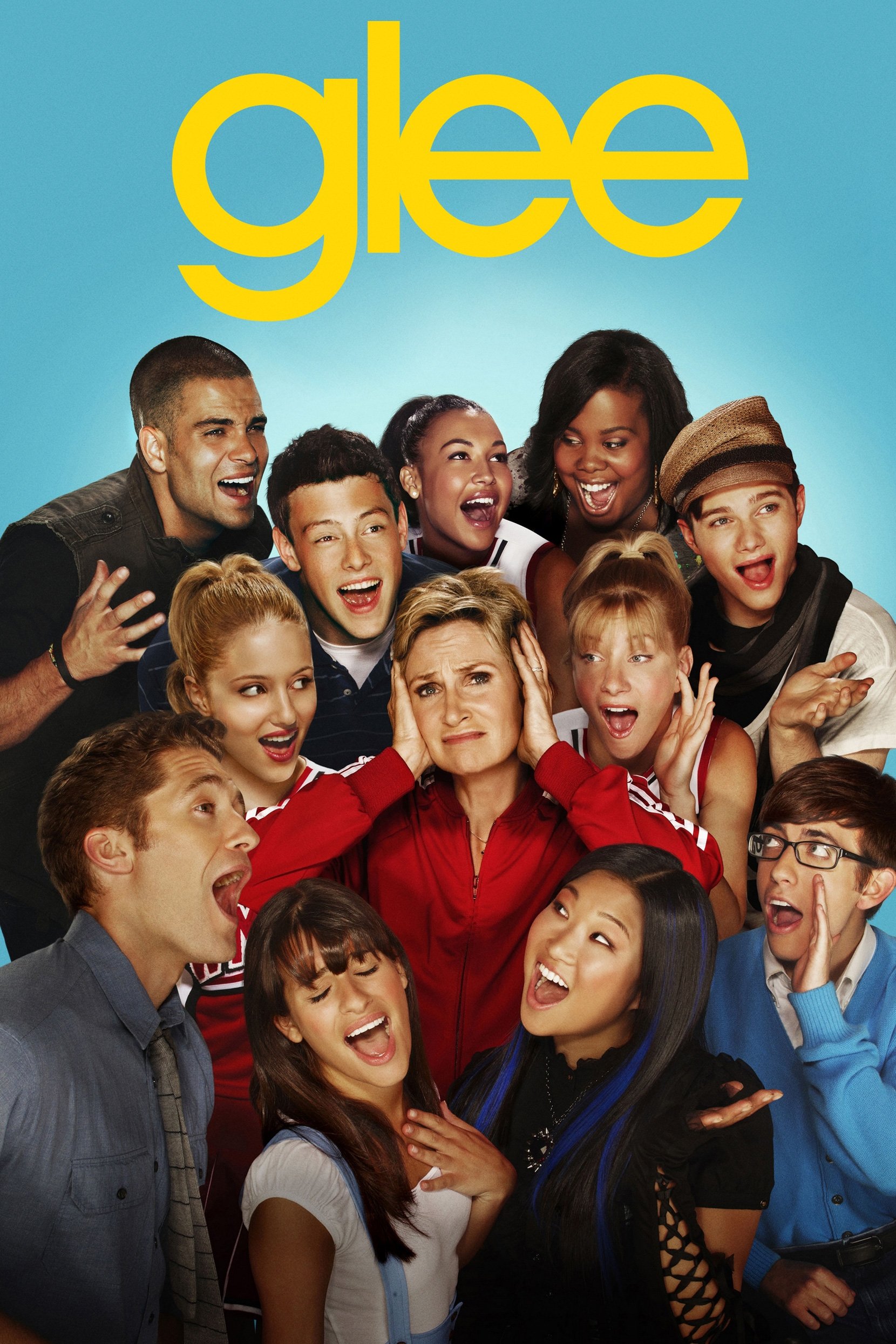
Throughout the series, Rachel Berry consistently believes she deserves the lead singing parts. She justifies her self-centeredness by claiming it’s simply the mark of a dedicated and ambitious artist. The show frequently portrays her bossy and hurtful actions as evidence of her strong drive, and other characters often end up apologizing for challenging her. Ultimately, Rachel’s success seems to depend on suppressing the voices of those around her.
Share your own examples of awkward TV moments in the comments.
Read More
- 2025 Crypto Wallets: Secure, Smart, and Surprisingly Simple!
- Gold Rate Forecast
- Brown Dust 2 Mirror Wars (PvP) Tier List – July 2025
- Banks & Shadows: A 2026 Outlook
- Wuchang Fallen Feathers Save File Location on PC
- Gemini’s Execs Vanish Like Ghosts-Crypto’s Latest Drama!
- ETH PREDICTION. ETH cryptocurrency
- The 10 Most Beautiful Women in the World for 2026, According to the Golden Ratio
- QuantumScape: A Speculative Venture
- 9 Video Games That Reshaped Our Moral Lens
2025-11-26 14:20